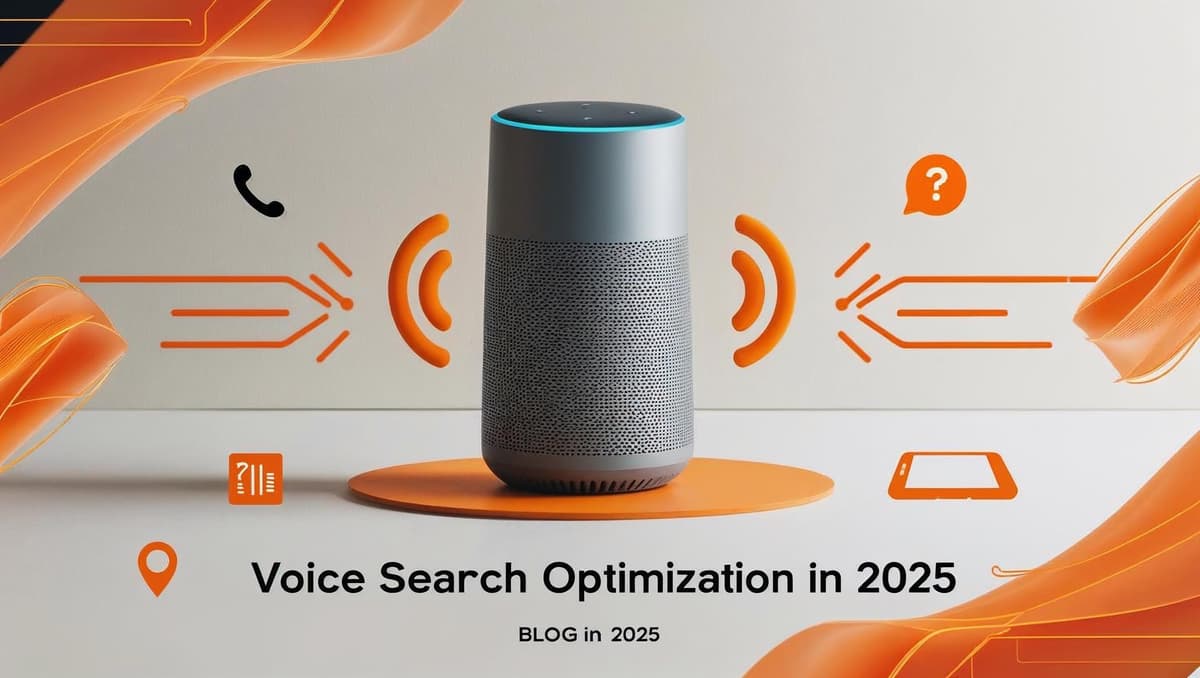
SEO for Small Businesses - A Comprehensive Guide
MarketiXpert
12 Jan 2024 • 03 Mins read min read
SEO (Search Engine Optimization) is an essential digital marketing strategy that can significantly boost your small business’s online presence. Whether you run a local bakery, an online retail shop, or a service-based business, implementing effective SEO techniques can help you rank higher on search engines, attract more customers, and drive growth. In this blog, we’ll explore simple SEO tactics for small businesses that can deliver big results.
Why SEO is Crucial for Small Businesses?
- Increased Visibility: SEO helps your business appear in front of your potential customers when they search for services or products you offer.
- Higher Traffic: With better search engine rankings, more people are likely to click on your website and explore your offerings.
- Cost-Effective: SEO delivers long-term benefits at a relatively low cost compared to paid advertising.
- Improved User Experience: SEO also optimizes the user experience, making your website more accessible and easier to navigate.
Key SEO Strategies for Small Businesses
1. Keyword Research
- Identify high-volume keywords relevant to your business.
- Use long-tail keywords that are specific to your niche, such as “best vegan bakery in [city]” or “affordable SEO services for small businesses.”
- Tools like Google Keyword Planner or Ahrefs can help you find the best keywords for your business.
2. Optimize On-Page SEO
- Ensure your website content includes relevant keywords in titles, headings, and meta descriptions.
- Create high-quality content that answers your customers' questions.
- Make sure your website is mobile-friendly and has fast load times for a better user experience.
3. Local SEO
- If your business has a physical location, optimize for local SEO by claiming your Google My Business profile.
- Include your business name, address, and phone number (NAP) consistently across the web.
- Encourage customer reviews and respond to them to improve your local reputation.
4. Build Backlinks
- Earn backlinks from credible websites that are relevant to your business.
- Guest blogging, partnerships, and local business directories are excellent ways to acquire backlinks.
- Backlinks can improve your site's authority and boost search rankings.
5. Content Marketing
- Start a blog and publish informative articles that align with your target audience’s interests.
- Create engaging videos, infographics, and case studies to share across your social media platforms.
- Consistently update your content to keep it relevant and fresh for both users and search engines.
6. Track and Analyze Your SEO Performance
- Use tools like Google Analytics and Google Search Console to track your rankings and traffic.
- Regularly analyze your data to identify areas for improvement and adjust your strategy accordingly.
Emphasis on Local SEO for Small Businesses
- Local Search Optimization: Focusing on local SEO is a game-changer for small businesses that rely on foot traffic or serve a specific geographical area.
- Google My Business: Optimize your Google My Business profile for better visibility in Google Maps and local search results.
- Location-based Keywords: Use location-specific keywords like “best coffee shop in [city]” to attract local customers.
Example SEO Success Story
Case Study - Local Bakery
“After optimizing our website with local SEO tactics and adding long-tail keywords, our bakery’s online visibility improved significantly. We saw a 40% increase in website traffic and a 25% boost in foot traffic to our store within three months. Additionally, our ranking for keywords like ‘best cupcakes in [city]’ climbed to the first page of Google.”
SEO Performance Table
| SEO Strategy | Estimated Impact | Estimated Time to Results |
|---|---|---|
| Keyword Research | High | 1-2 months |
| On-Page Optimization | Medium | 2-4 months |
| Local SEO | High | 1-3 months |
| Content Marketing | Medium | Ongoing |
| Backlink Building | High | 3-6 months |
Final Tips for Small Business SEO Success
- Start with the basics: Keyword research and on-page SEO.
- Invest time in local SEO if your business has a physical location.
- Create consistent, valuable content that answers your customers' needs.
- Track your progress with SEO tools and keep refining your strategy.
Conclusion
SEO is not a one-time task but a continuous process that requires effort, analysis, and patience. By following the steps outlined above, you can improve your website's search engine rankings, attract more visitors, and ultimately grow your small business. Implementing these SEO strategies will help you stay ahead of the competition and build a strong online presence. Start small, and over time, you'll see significant results in your website traffic and business success.

Omnichannel Marketing Strategies for Seamless Customer Experiences
In today's hyperconnected world, consumers engage with brands across multiple touchpoints—from social media and websites to physical stores, email, and emerging channels like virtual reality. The mos...

Mastering Voice Search Optimization in 2025
Voice search has evolved from a novelty to a fundamental part of the digital experience. With over 50% of searches now conducted by voice across smartphones, smart speakers, and IoT devices, optimizi...
